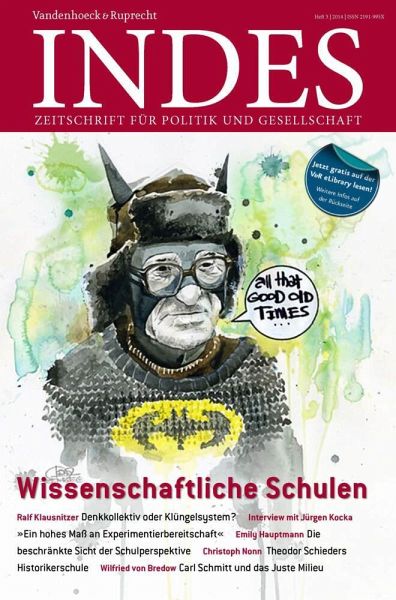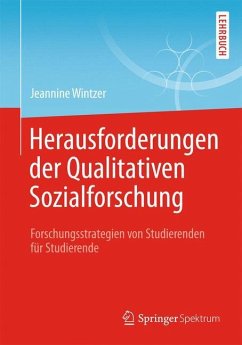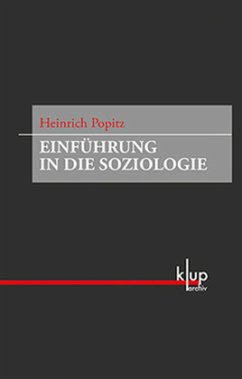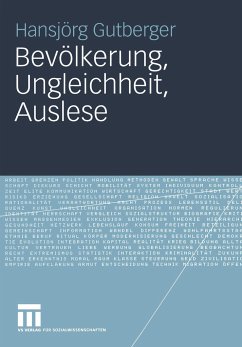
Wissenschaftliche Schulen

PAYBACK Punkte
0 °P sammeln!
The rise and importance of the scientific schools in academic life.
INDES 3/2014 beschäftigt sich mit "Wissenschaftlichen Schulen". Im 19. und 20. Jahrhundert haben die Geistes- und Sozialwissenschaften eine Reihe bedeutender Schulen hervorgebracht. Einige davon stehen für klar abgrenzbare Forschungsparadigmen, etwa die Frankfurter und Freiburger Schule, die Chicago School(s) oder die Cambridge School. In anderen Fällen wurde der Begriff "Schule" für Verbünde und Standorte verwendet, die recht unterschiedliche Ansätze und Charaktere zusammenbrachten, z. B. im Fall der Bielefelder Schule.
Ist der Begriff "Schule" also überhaupt (noch) brauchbar? Die Frage stellt sich heute umso mehr angesichts der rasenden kommunikativen und infrastrukturellen Veränderungen, mit denen sich der Wissenschaftsbetrieb konfrontiert sieht: Was bedeuten die allgegenwärtigen Gebote, globales "networking" zu betreiben und "interdisziplinär" zu arbeiten, für die Herausbildung lokaler Wissenskulturen?
INDES fragt zudem nach den günstigen Rahmenbedingungen für die Bildung einer Schule, nach der Persönlichkeit der Gründer erfolgreicher Schulen und nach der typischen Organisationsstruktur solcher Schulen, denen wohl nicht ganz zu Unrecht häufig eine elitäre Aura unterstellt wird.
Ist der Begriff "Schule" also überhaupt (noch) brauchbar? Die Frage stellt sich heute umso mehr angesichts der rasenden kommunikativen und infrastrukturellen Veränderungen, mit denen sich der Wissenschaftsbetrieb konfrontiert sieht: Was bedeuten die allgegenwärtigen Gebote, globales "networking" zu betreiben und "interdisziplinär" zu arbeiten, für die Herausbildung lokaler Wissenskulturen?
INDES fragt zudem nach den günstigen Rahmenbedingungen für die Bildung einer Schule, nach der Persönlichkeit der Gründer erfolgreicher Schulen und nach der typischen Organisationsstruktur solcher Schulen, denen wohl nicht ganz zu Unrecht häufig eine elitäre Aura unterstellt wird.
Dieser Artikel kann nur an eine deutsche Lieferadresse ausgeliefert werden.













